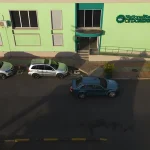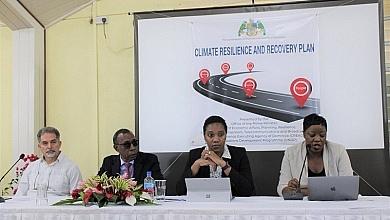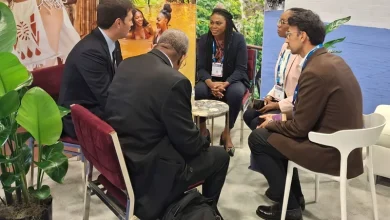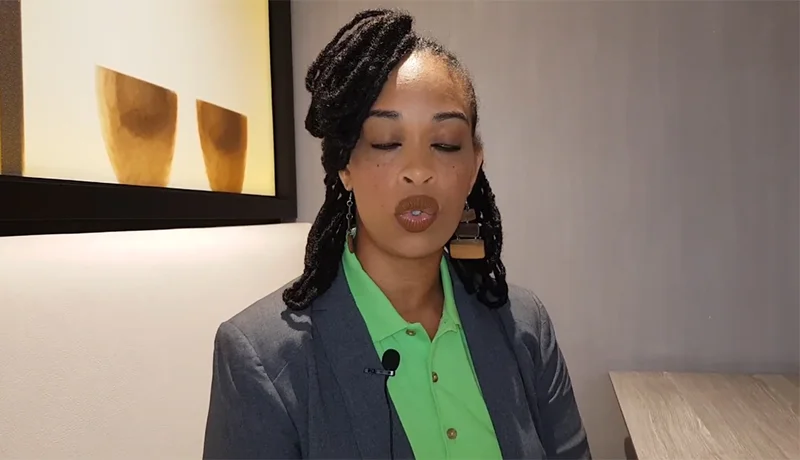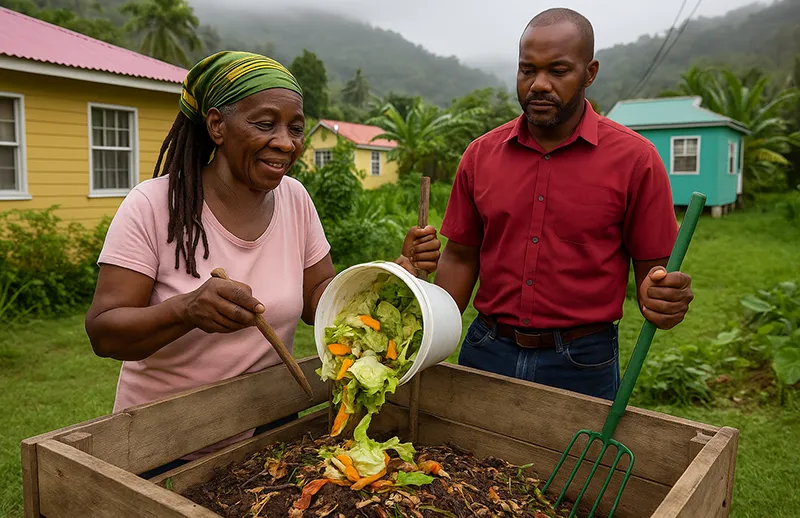
- Locals urged to lead green shift
- Schools to teach eco-literacy
- Waste cleanup tied to tourism
- Villages get role in green policy
- Eco-business blends with culture
- Green habits begin at home
At the recent Nature Talks panel hosted by the Ministry of Tourism and the Discover Dominica Authority, a clear message emerged: true sustainability begins not in high-level conferences or international certifications, but in everyday Dominican communities. From the household compost pile to national eco-labels, Dominica is calling for a cultural shift in how citizens view and practice environmental responsibility.
From Households to Hotels: Everyone Plays a Role
Hubert Winston of the Dominica Hotel and Tourism Association (DHTA) emphasized that green tourism cannot succeed without local buy-in. “If a guest stays in a hotel that conserves water but walks outside and sees garbage on the street, it breaks the illusion of a green destination,” he noted. His call was not only for better coordination between public and private sectors, but for a social contract that sees every Dominican as an environmental steward. He added that this includes hoteliers, tour guides, and even vendors at local markets, all of whom must adopt and model sustainability in their daily operations.
Green Thinking in Schools and Villages
Marva Williams, CEO of the Discover Dominica Authority, spoke directly about embedding environmental values in the next generation. She noted the need for environmental literacy programs in schools that don’t just teach recycling as a chore, but cultivate respect for Dominica’s biodiversity and natural resources.
She also encouraged more community-led initiatives, beach clean-ups, backyard gardens, tree-planting, all rooted in local traditions and pride. “We must not treat sustainability as a foreign concept. It is our way of life. We live close to the soil, the sea, the forest. Our ancestors respected nature because their survival depended on it. That is the spirit we must revive.”
Decentralizing Environmental Leadership
Lucien Blackmore, Permanent Secretary in the Ministry of Environment, emphasized that environmental policy must reach grassroots level. He spoke about enabling village councils, farmer groups, and youth clubs to access training and funding for sustainable practices. “When we say sustainability starts at home, we mean it literally, in your kitchen, in your backyard, on your street,” Blackmore said. He challenged Dominicans to take ownership: to manage waste more carefully, to conserve water, to question whether each action aligns with the island’s green goals.
Business Innovation Meets Cultural Identity
Craig Sands of Secret Bay contributed an important perspective on how sustainability doesn’t have to be boring or restrictive. He described how local craftsmanship, traditional architecture, and seasonal food sourcing at his resort elevate both the guest experience and the cultural economy. “We need to show people that being green is not just an obligation. It’s also an opportunity, to be innovative, to celebrate who we are, and to do better business.”. He argued that if more businesses understood the value in aligning with their environment, more would choose the sustainable path willingly.
Changing Attitudes for Lasting Change
One key challenge that emerged during the panel was the perception that environmentalism is an elite or foreign agenda. The speakers pushed back firmly on that narrative. As Williams stated, “This is not about impressing Europe. This is about protecting Dominica.”
Grassroots sustainability, they agreed, will only take root if Dominicans believe that environmental well-being is essential to national development, not just tourism.
In the end, the Nature Talks event served as both a rallying cry and a practical roadmap: from policy to practice, from the state house to the hillside, every citizen must play a part in shaping Dominica’s green future.
This article is copyright © 2025 DOM767


